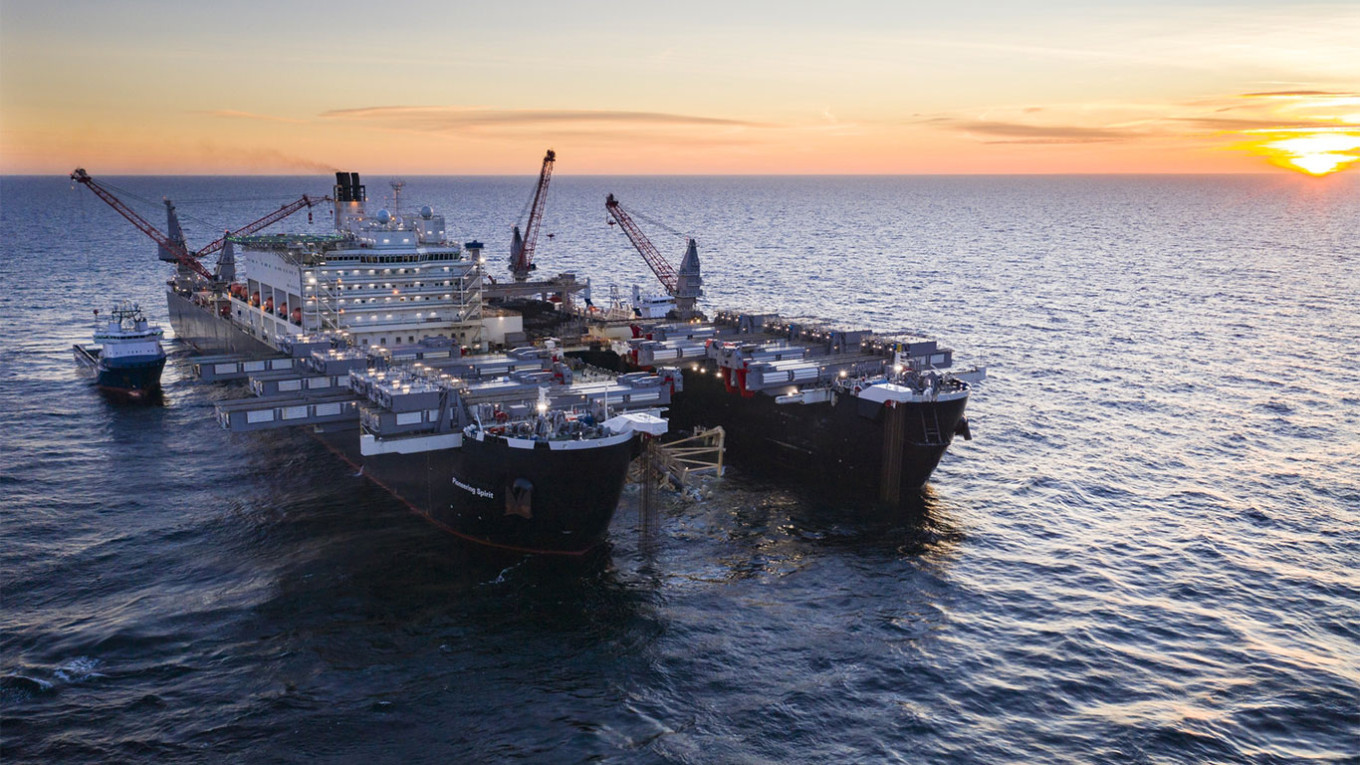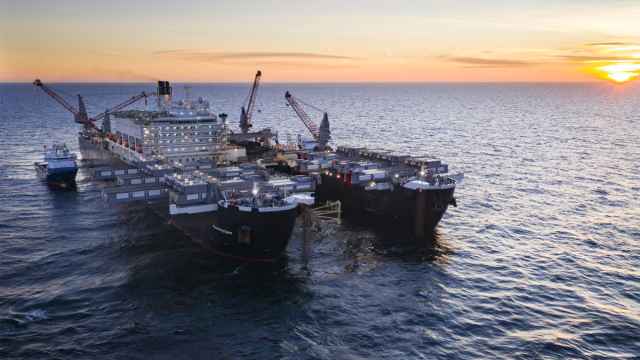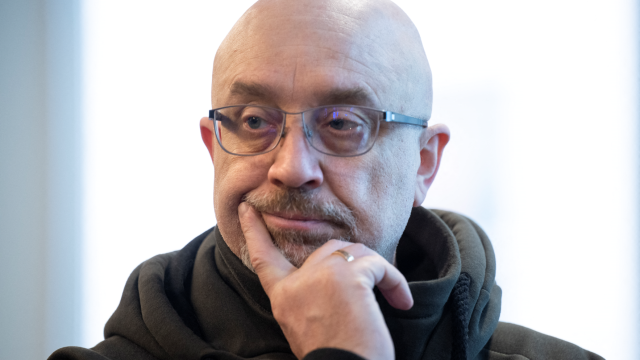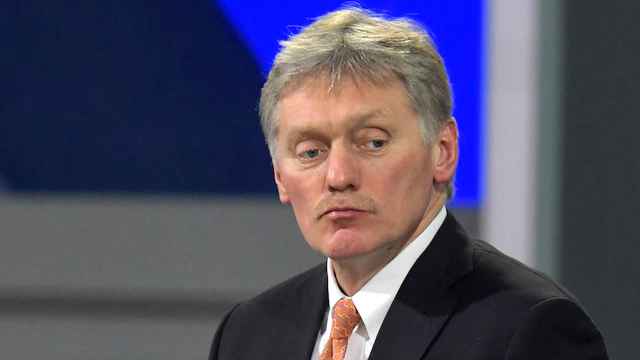A senior Ukrainian military officer with intelligence ties coordinated the sabotage attack on the Nord Stream gas pipelines last year, The Washington Post and Der Spiegel reported Saturday, citing anonymous Ukrainian and European officials, as well as other people familiar with the operation.
Moscow and Kyiv’s Western allies have traded blame over the subsea blasts that ruptured Nord Streams 1 and 2 — gas arteries between Russia and Europe via the Baltic Sea — seven months into Russia’s invasion of Ukraine.
“The officer’s role provides the most direct evidence to date tying Ukraine’s military and security leadership” to the mysterious September 2022 attack, The Washington Post said.
Colonel Roman Chervinsky, 48, who served in Ukraine’s Special Operations Forces, was the “coordinator” of the Nord Stream operation, The Washington Post cited individuals with knowledge of his role as saying.
Chervinsky was reported to have managed logistics and support for a team of six people that rented a sailboat under false identities and used deep-sea diving equipment to place explosive charges on the gas pipelines.
According to The Washington Post, Chervinsky took orders from more senior Ukrainian officials who themselves reported to General Valery Zaluzhny, the head of the Ukrainian military.
Chervinsky denied having any role through his lawyer, and spokespeople for the Ukrainian government did not respond to questions about Chervinsky’s participation.
The New York Times reported in March that U.S. officials had seen intelligence indicating that a "pro-Ukrainian group" was responsible for the sabotage.
Ukraine has denied a role in the Nord Stream attack.
The incident severely damaged Russia's ability to sell natural gas to Western Europe — a source of income for its war chest — and fueled a surge in energy prices on the continent.
Nord Stream 1 had accounted for 40% of the European Union’s gas supplies via Germany, keeping energy costs low in the EU’s largest economy.
With a capacity of carrying 170 million cubic meters of gas per day, Russia had cut flows to 20% before halting the pipeline's operations altogether.
Nord Stream 2 was due to double export capacities to 110 billion cubic meters, but the project never received authorization due to Russia’s recognition of Ukraine's separatist regions as independent states ahead of Moscow's full-scale invasion.
Denmark, Germany and Sweden are conducting investigations into the Nord Stream sabotage.
A Message from The Moscow Times:
Dear readers,
We are facing unprecedented challenges. Russia's Prosecutor General's Office has designated The Moscow Times as an "undesirable" organization, criminalizing our work and putting our staff at risk of prosecution. This follows our earlier unjust labeling as a "foreign agent."
These actions are direct attempts to silence independent journalism in Russia. The authorities claim our work "discredits the decisions of the Russian leadership." We see things differently: we strive to provide accurate, unbiased reporting on Russia.
We, the journalists of The Moscow Times, refuse to be silenced. But to continue our work, we need your help.
Your support, no matter how small, makes a world of difference. If you can, please support us monthly starting from just $2. It's quick to set up, and every contribution makes a significant impact.
By supporting The Moscow Times, you're defending open, independent journalism in the face of repression. Thank you for standing with us.
Remind me later.






